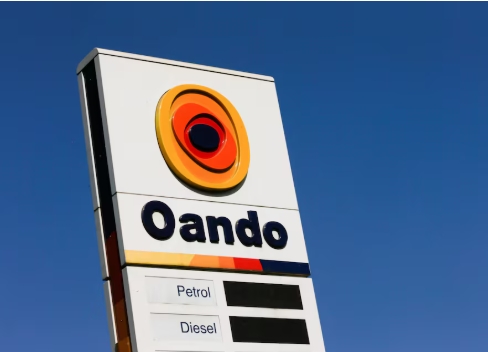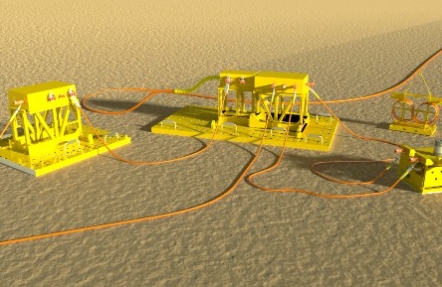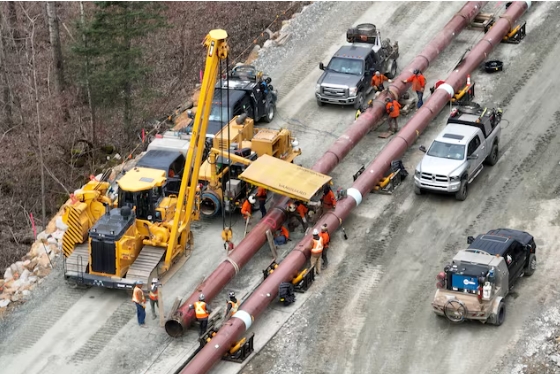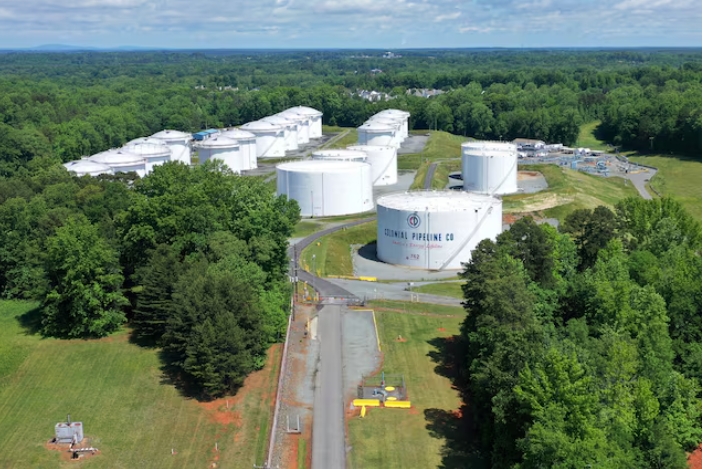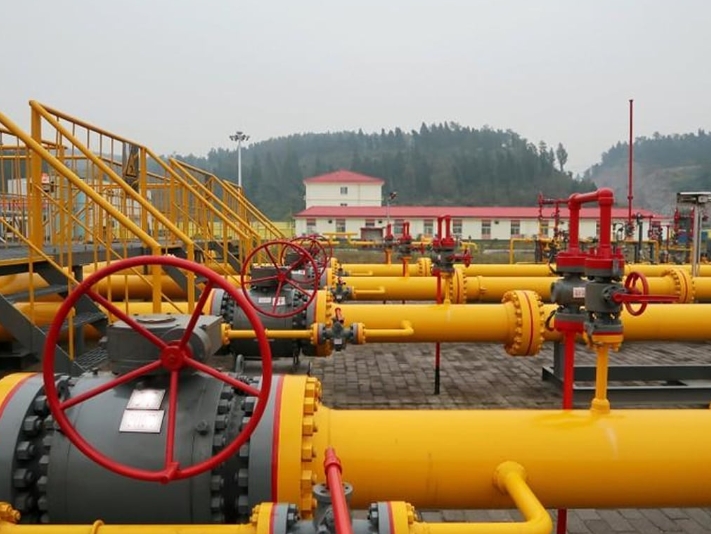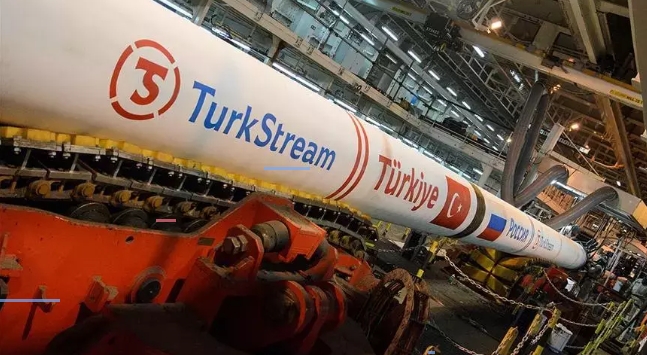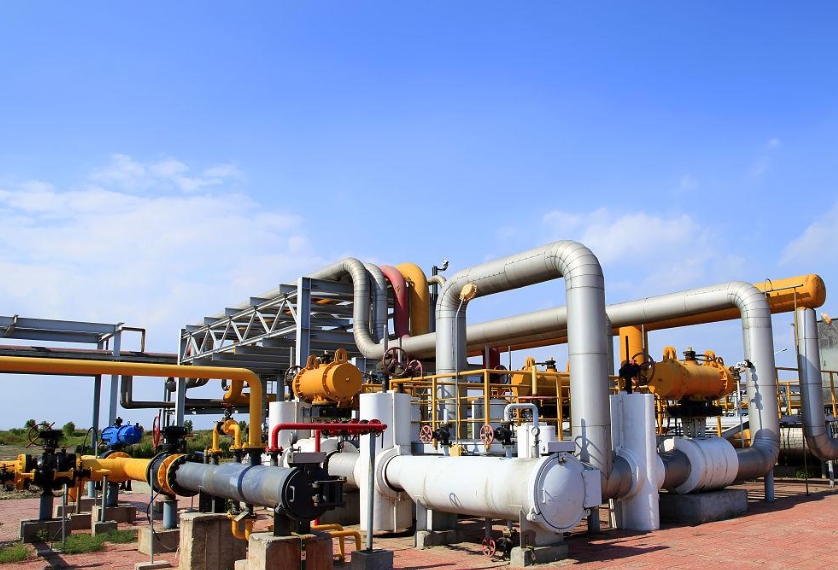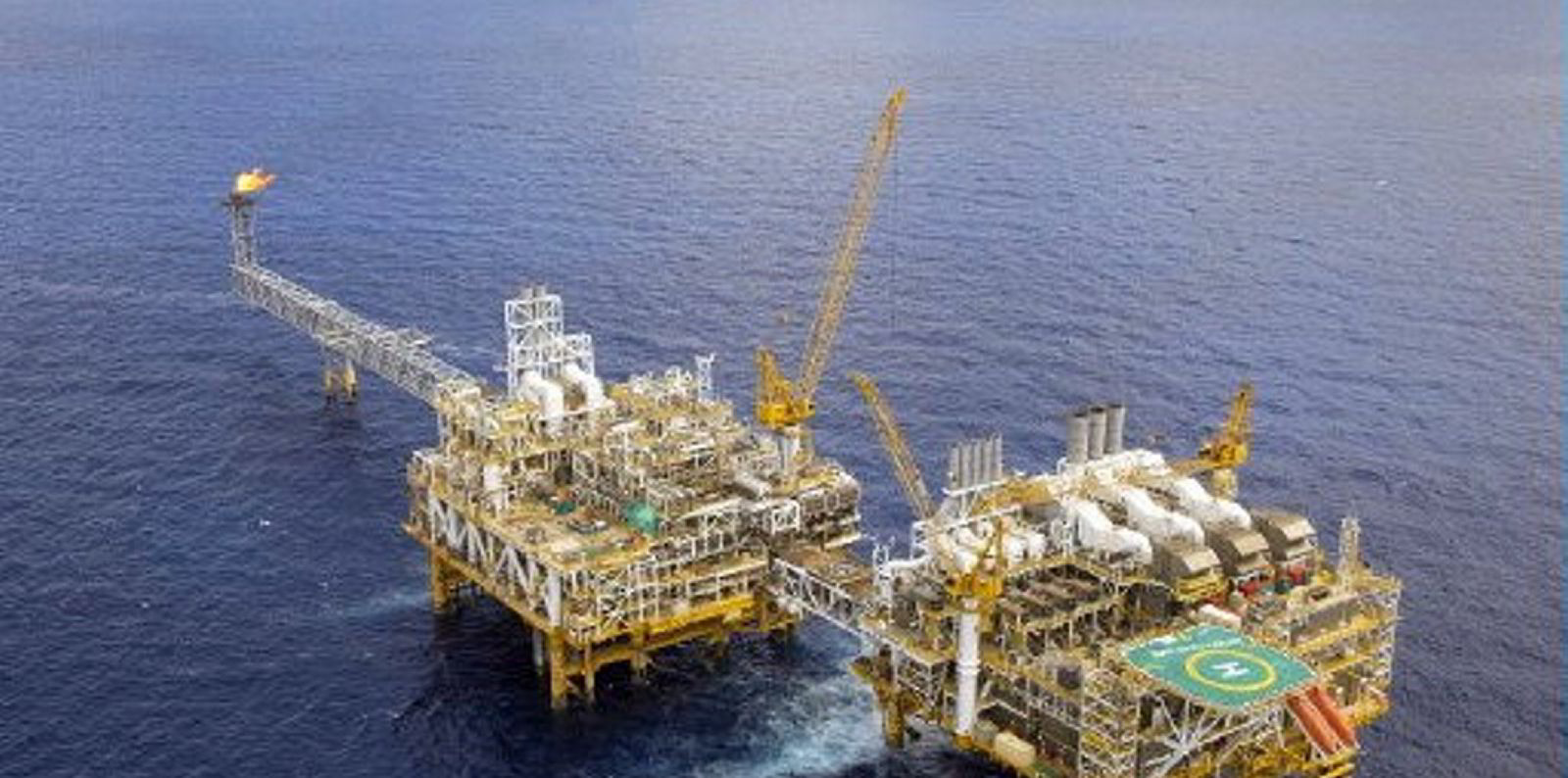
Front-end engineering and design work on Bayu-Undan CCS started earlier this year. The project envisages utilising existing infrastructure, once production from the field ceases.
After production stops, the initial step would be to make the facility safe and clear of hydrocarbons through a “suspension of operations” phase. Once safe, removal of facilities such as the floating storage and offloading vessel and associated in-field infrastructure can occur.
“Decommissioning the FSO will create significant opportunities for the local community. We will have a focus on local content during this phase, particularly for the cleaning prior to disposal of equipment. It will be critical to ensure the appropriate regulatory frameworks are in place for this work and we are currently working with the [Timor-Leste] Government and regulator ANPM (Autoridade Nacional do Petroleo e Minerais) on this,” Santos chief executive Kevin Gallagher told the Timor-Leste Energy & Mining Summit on Tuesday.
“Following the suspension of operations phase, the Bayu-Undan facility would be in a state ready to transition to a CCS project if that is what our joint venture partners and the Government of Timor-Leste support.”
He said that given that the wells and the facilities are already in place, Bayu-Undan CCS could be a low-cost, large-scale, commercial CCS project that could store CO2 from regional projects, including any future Timor-Leste field developments.
This CO2 storage capacity at Bayu-Undan has the potential to provide the carbon solution for undeveloped fields in the region and the potential to be the catalyst for development of other fields, according to Santos.
Gallagher confirmed the company's Barossa gas project offshore Australia could be the foundation customer for Bayu-Undan CCS, delivering 2.3 million tonnes of CO2 per year, making Barossa one of the lowest-carbon intensity liquefied natural gas projects in the world.
“As we move through the FEED process, I’m excited to continue to explore the opportunities this project could deliver for the people of Timor-Leste.”
Santos in 2020 took over operatorship of Bayu-Undan from US oil major ConocoPhillips.
Early last year, Santos and its co-venturers started a three-well infill drilling campaign at the shallow-water field, which has extended its productive life by about a year.
“While the previous operator had plans to move straight to decommissioning of the facilities, we thought there still might be opportunities to be found and so our team, in conjunction with the ANPM and the JV, have done some great work about firstly how to extend the project’s field life through optimisation activity and the 3C infill drilling programme, and secondly, to come up with a long-term plan for the facilities,” said Gallagher.
“Together with the Timorese Government and the ANPM, that critical work has led us to develop a plan for the world’s largest CCS project.
Energy security crisis
“We are seeing a global energy security crisis play out at the moment. The Russian invasion of Ukraine and the supply strike we have seen over recent years has led to a global supply crunch and inflated prices. What this energy security crisis has shown us is that LNG will continue to be in strong demand for decades to come. With this demand for natural gas remains strong, we must at the same time, explore ways to make that gas lower emissions,” added Gallagher
“This where carbon capture and storage will be a game changer and we believe could be a significant new industry for Timor-Leste.”
There are currently 27 commercial CCS projects in operation globally, with the Chevron-operated Gorgon facility in Australia that has nameplate capacity of 4 million tpa being the largest.
Santos already has a 1.7 million tpa CCS facility under construction at Moomba, in the onshore Cooper Basin in South Australia and Bayu-Undan CCS “is not far behind”, Gallagher said.
Upstream earlier reported that the final investment decision on the Timor-Leste CCS project was targeted for 2023.
In addition to Bayu-Undan CCS, Santos believes there are still undiscovered hydrocarbon resources in Timor-Leste. The Australian company was recently awarded Block R, acreage that surrounds the Bayu-Undan field, which it believes is prospective for both oil and gas.
Over the past two decades, the Bayu-Undan project has contributed more than $21 billion to Timor-Leste, with upwards of $190 million spent on local content and almost 500 nationals being employed.
Santos has a 43.4% operated interest in Bayu-Undan, and its partners are SK E&S on 25%, Inpex with 11.4%, Eni on 11%, Jera holding 6.1% and Tokyo Gas with 3.1%.
